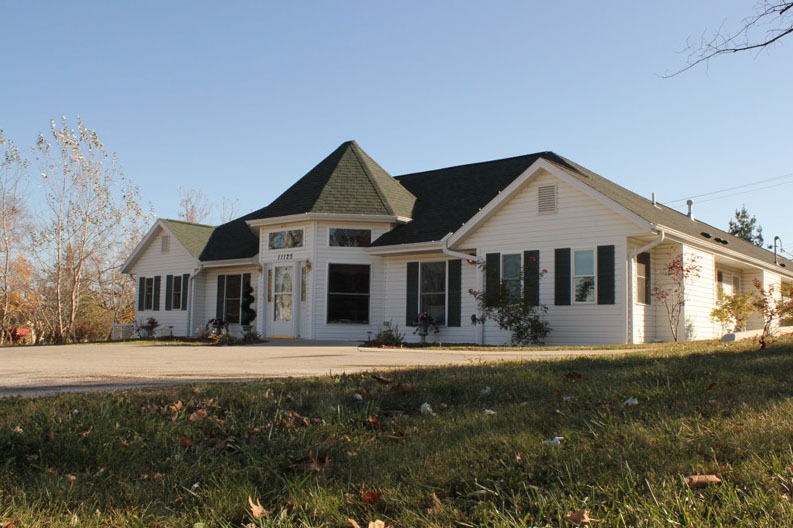
When it comes to choosing and comparing facilities for our loved ones, many ask what is better. A larger facility that feels like a hotel or a more simple and homier setting. Regardless of the size, comparing these facilities is a critical step in making sure that the hoe we choose is the best for them and their comfort levels. It is important to point out that there is more to looking at a home besides comfort. You need to look at every aspect of the facility. Including how they hire, average length of employment of the employees, flexibility and their reputation. We will examine some of the benefits in using a smaller facility versus a larger one in this article.
It feels like home….
It goes without saying that as people grow older they need more specialized attention. And some of these situations may mean that your loved one will need to be at a facility to aide in their care. For the most part larger facilities tend to feel like an institution versus having a homier feel like a smaller and more personal home may have. This is especially important for elderly patients that may be suffering with dementia because a smaller setting may feel calmer and more like home. Plus, those who deal with confusion may find it easier.
The personal touch!
In larger bed facilities, the tendency is to have larger staffs to serve the patients because the frame of thought is that it helps with the overall efficiency and effectiveness in care. The problem lies in that larger facilities could have larger turnover bringing out mistrust between the patients and the staff. Smaller facilities tend to strive for a more intimate and personal approach so the residents feel confident in the staff and form bonds.
The Social Side
Smaller bed facilities can offer an advantage to many seniors because the flexibility in the social setting is most likely greater and a bit more peaceful and enjoyable for the residents. There can be a downside too at times. With a smaller amount of residents comes the fact that everybody may know what everyone else is doing. But the opportunities to make stronger friendships in smaller facilities is greater than larger homes due to the intimacy and frequency of seeing the same people. Where in larger facilities the opportunity is greater to meet more new people on a continual basis.
Choosing a nursing home can be challenging and seem daunting at times. Taking in all the factors can be confusing and anxious. Always keep in mind the personality of the loved one and what their preferences are. Because in the end, that is very important.


